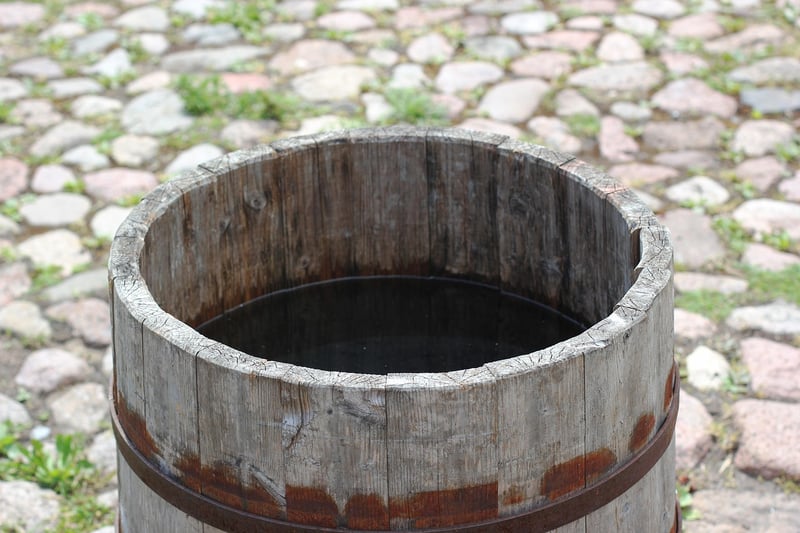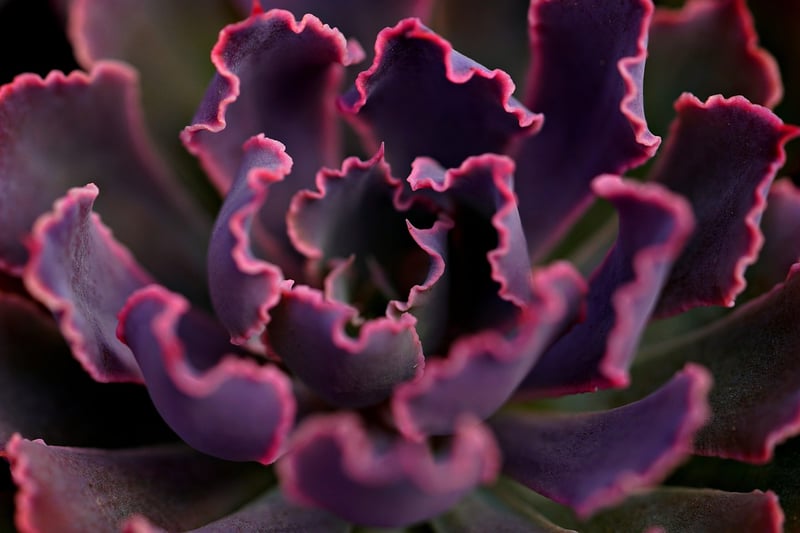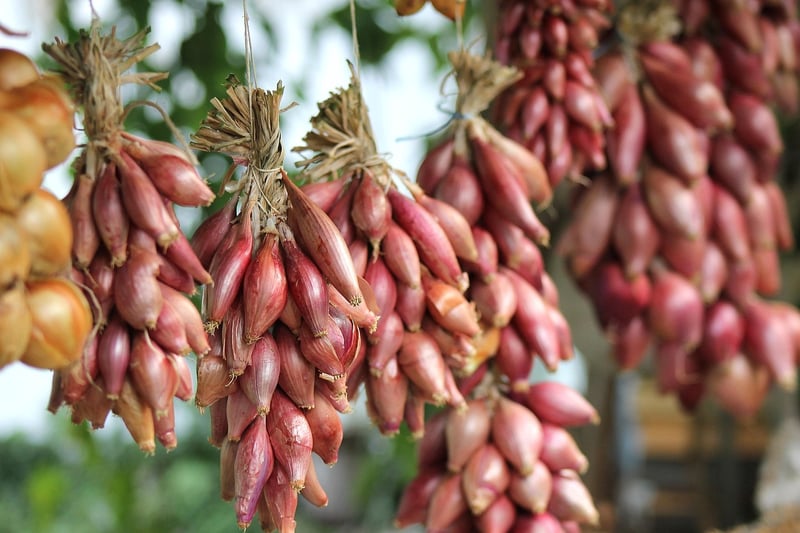Water Conservation Tips
Environmentally Friendly Gardening and Water Conservation Tips
Introduction
Welcome to our guide on environmentally friendly gardening practices and water conservation tips. In today's world, it's more important than ever to be mindful of our impact on the environment. By adopting eco-friendly gardening techniques and water-saving strategies, we can help protect the planet while still enjoying a beautiful garden.
1. Choose Native Plants
Native plants are well-adapted to the local climate and soil conditions, requiring less water, fertilizer, and pesticides. They also provide habitat for local wildlife. Consider planting a variety of native flowers, shrubs, and trees in your garden.
2. Practice Mulching
Applying mulch around your plants helps retain soil moisture, suppresses weeds, and improves soil health. Use organic mulch such as wood chips, straw, or compost to conserve water and reduce the need for irrigation.
3. Efficient Watering Techniques
Water your garden during the early morning or late evening to minimize evaporation. Use a soaker hose or drip irrigation system to deliver water directly to the roots of plants, reducing waste. Avoid watering on windy days to prevent water loss.
4. Collect Rainwater
Set up a rain barrel to collect rainwater from your roof. This harvested water can be used to irrigate your garden, reducing the need for treated tap water. Rainwater is also free of chlorine and other chemicals, making it better for your plants.
5. Compost Organic Matter
Start a compost pile to recycle kitchen scraps, yard waste, and other organic matter. Compost improves soil structure, retains moisture, and provides nutrients to plants. By composting, you can reduce the amount of waste sent to landfills.
6. Use Drought-Tolerant Plants
Choose drought-tolerant plants that can thrive with minimal watering once established. Succulents, lavender, and ornamental grasses are excellent choices for dry conditions. These plants not only conserve water but also add beauty to your garden.
7. Maintain Healthy Soil
Healthy soil holds moisture better and supports strong plant growth. Add organic matter like compost and mulch to improve soil structure and fertility. Avoid over-tilling, which can disrupt soil ecosystems and lead to water loss.
Conclusion
By incorporating these environmentally friendly gardening practices and water conservation tips into your gardening routine, you can create a sustainable and beautiful garden that benefits both the environment and your well-being. Let's work together to preserve our planet for future generations.



For more information on eco-friendly gardening and water conservation, visit EPA's Green Infrastructure website.
